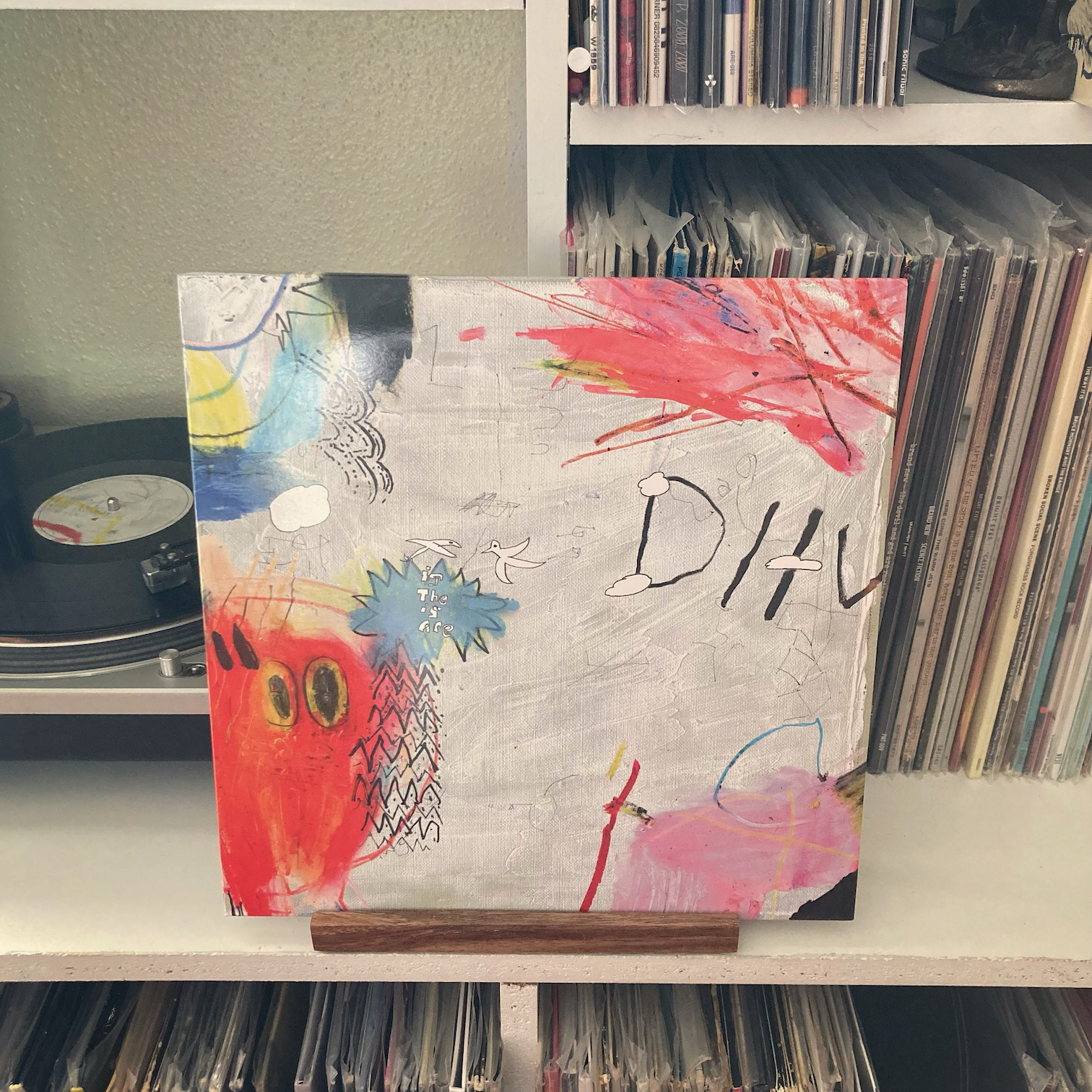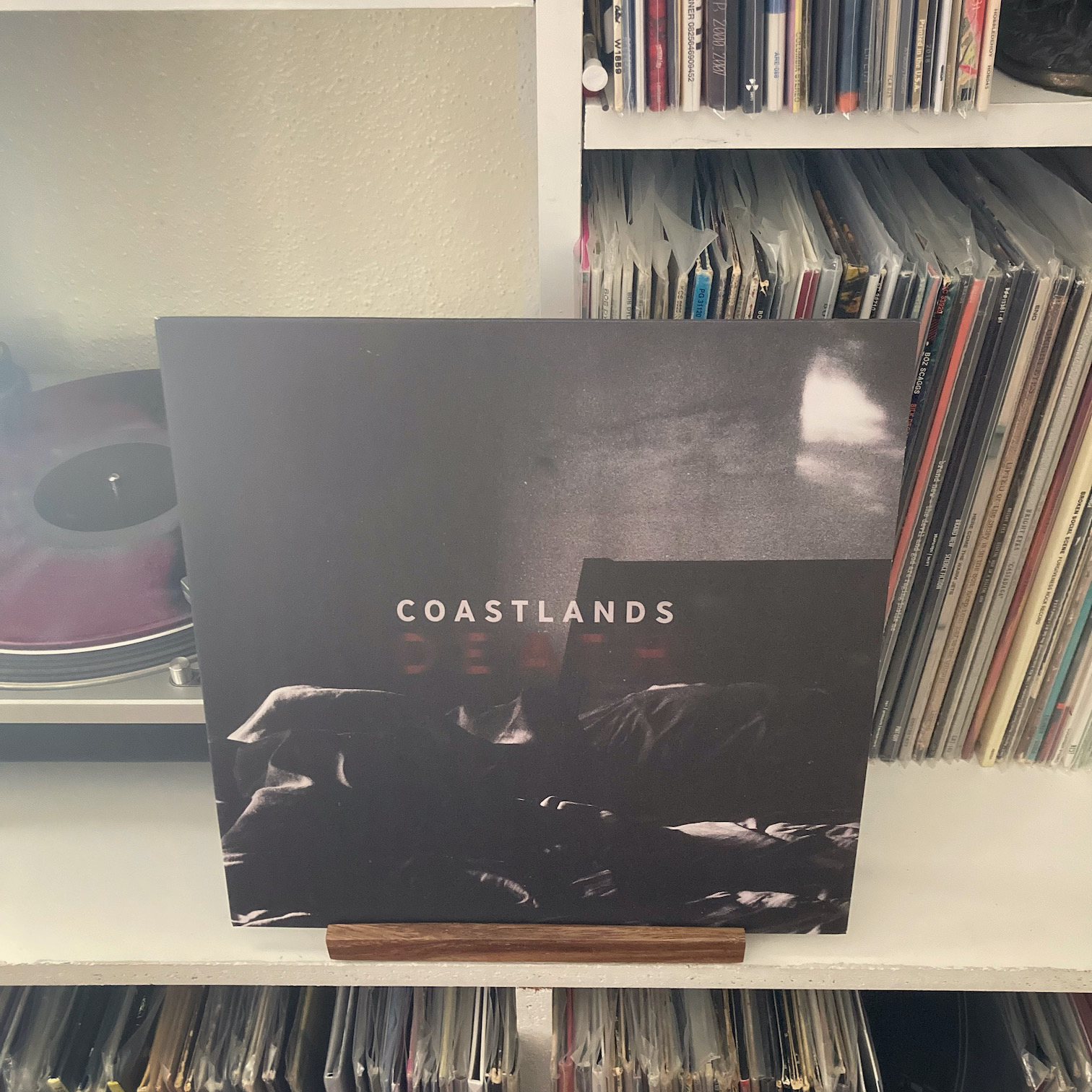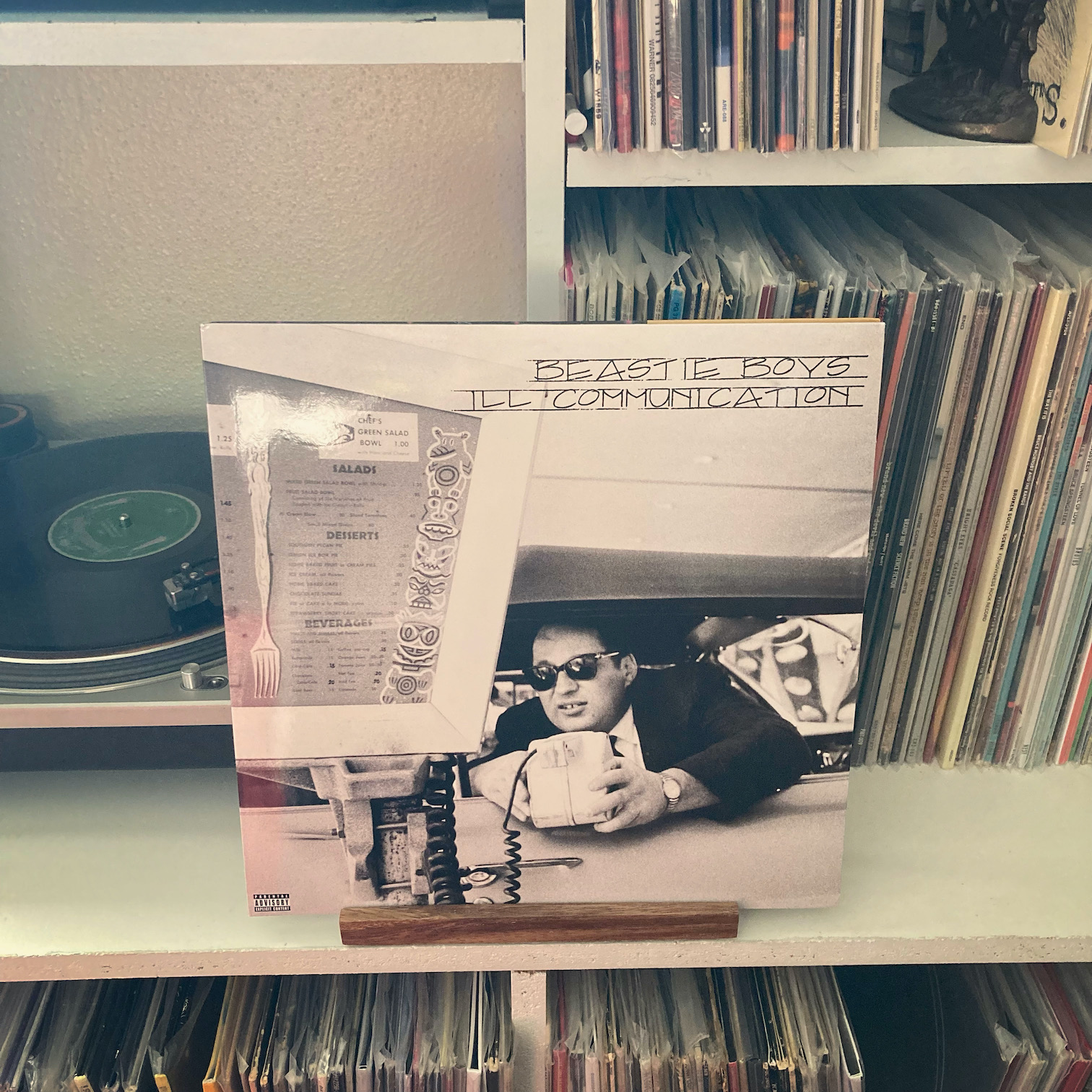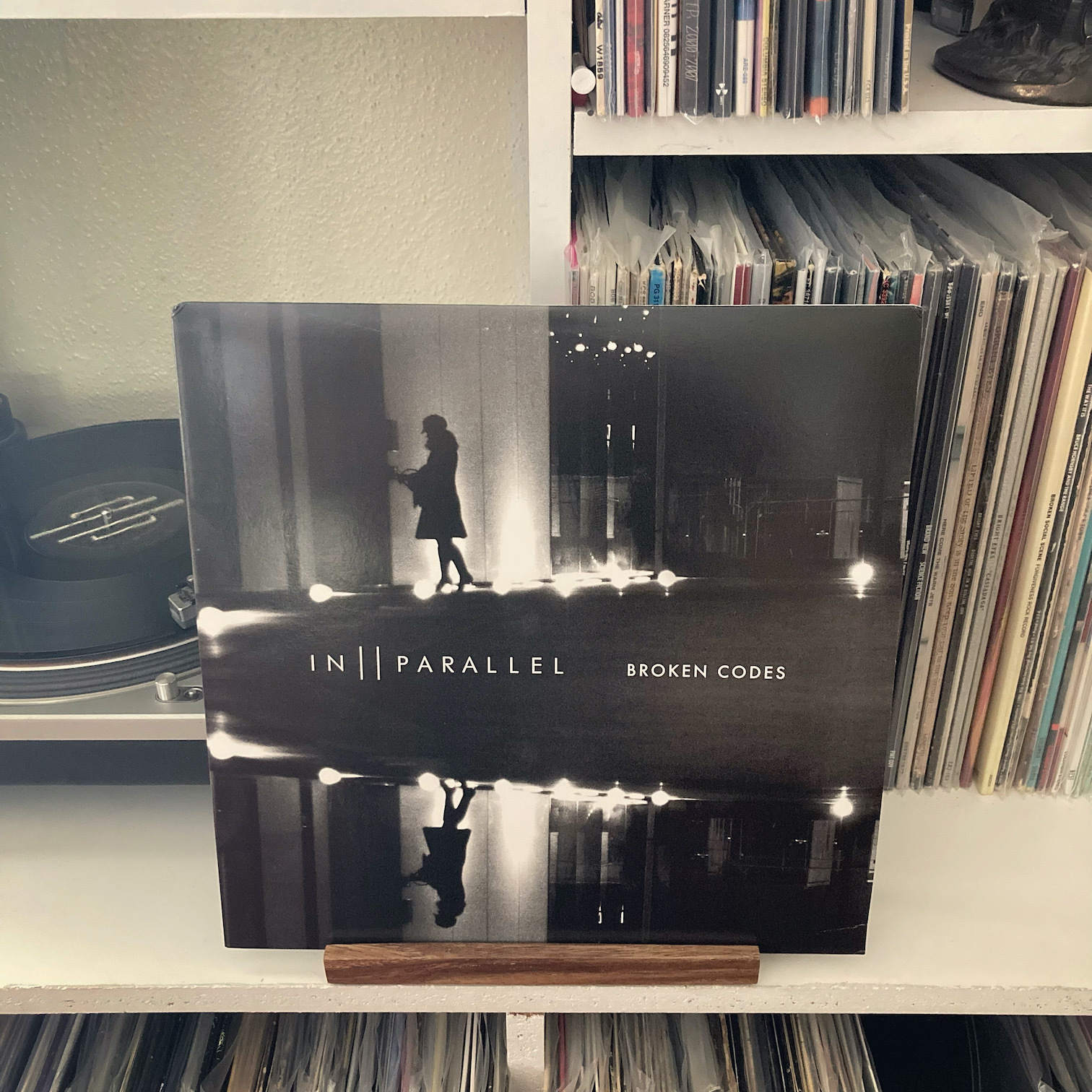
If you were looking at the resumés of the members of In Parallel to try to discern what they might sound like, you might be thrown for a loop. Sure, there might be enough shoegaze and post-punk devotion in Hopesfall and Celebrity’s catalogs that it would make sense, but you might expect Broken Codes to have some of their sharper edges as well.
But listening to the gauzy haze of guitars, drum machines, and syrupy smooth vocals, it’s hard to wish it was any grittier. This is the kind of trancelike, dreamy rock that is best consumed by letting it wash over you.
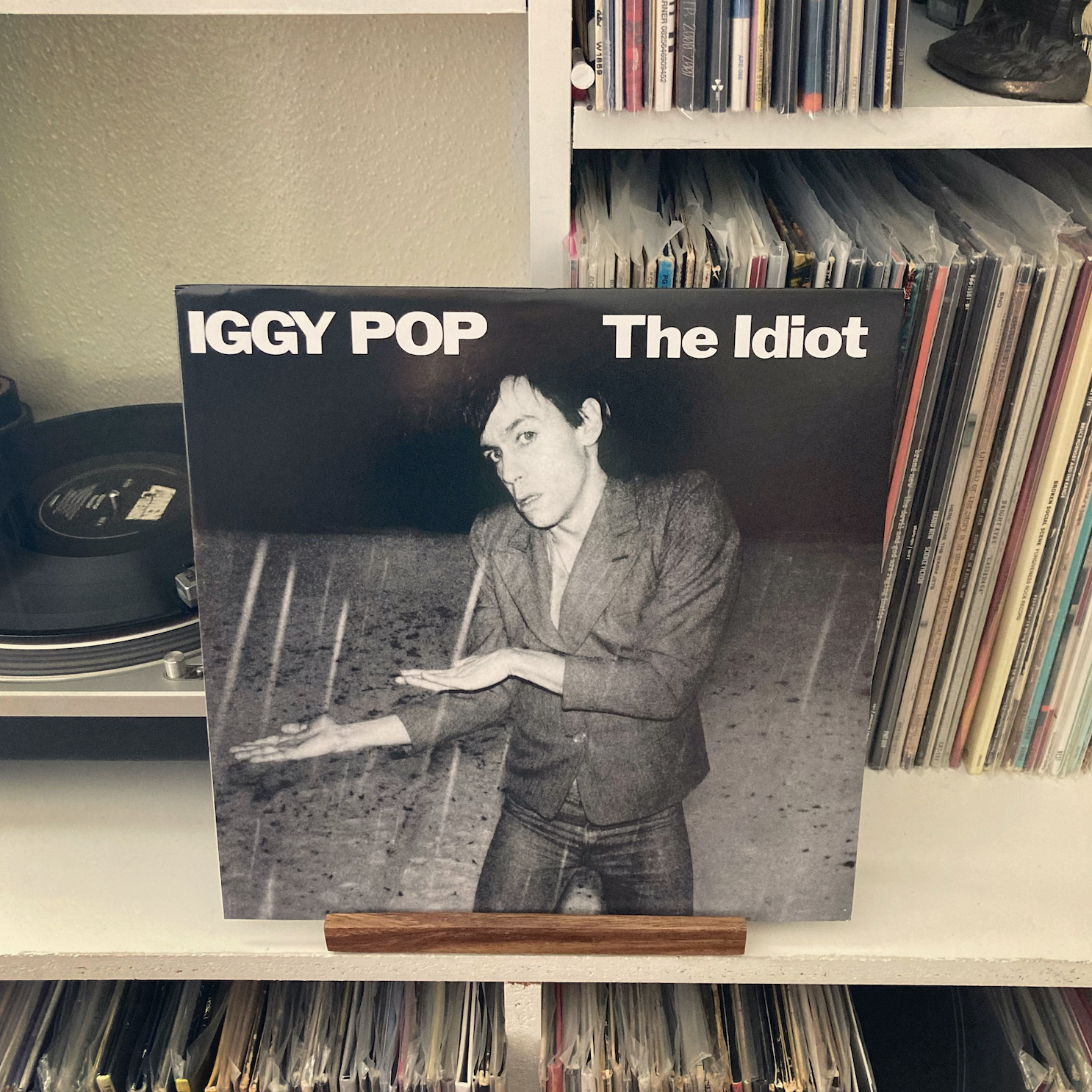

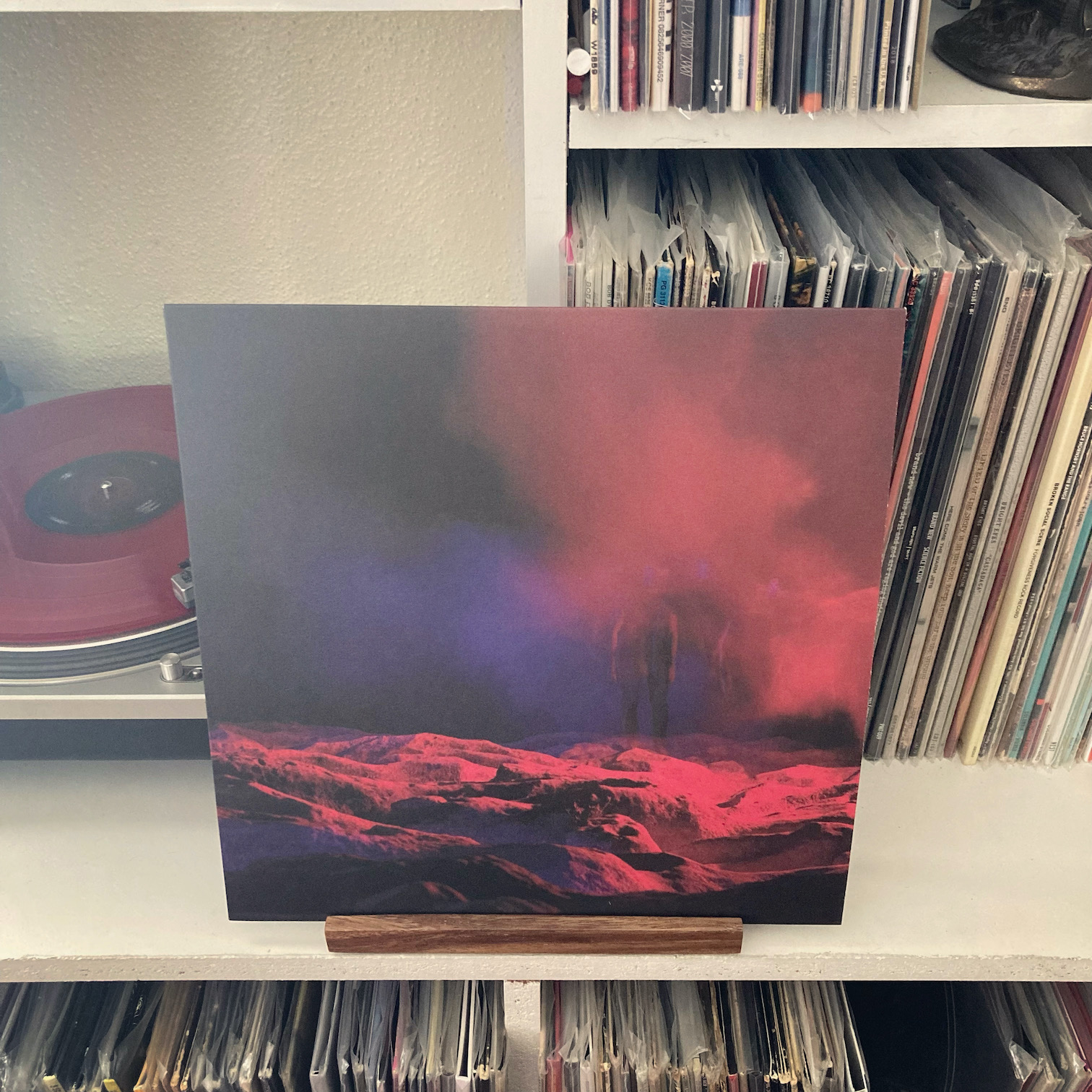
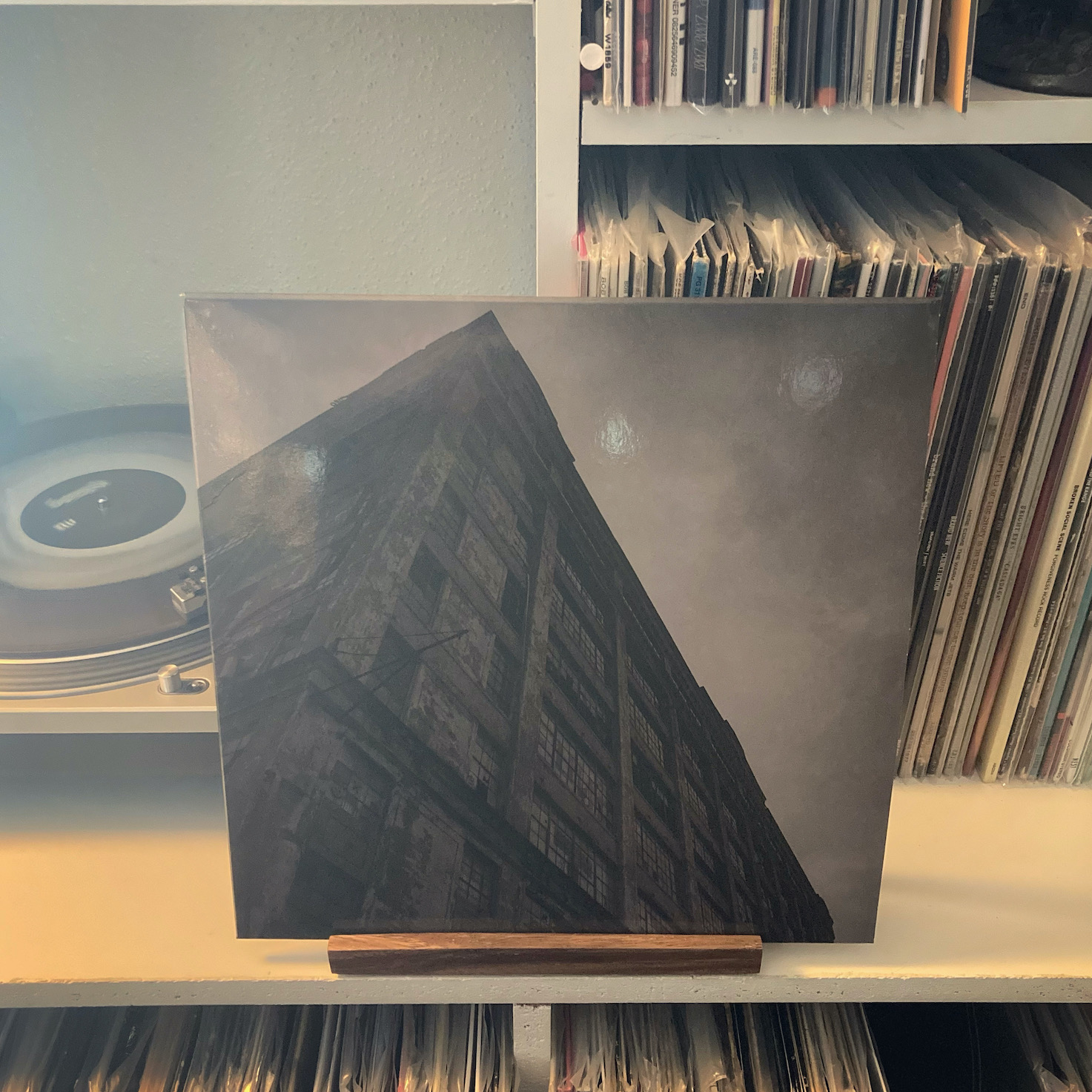
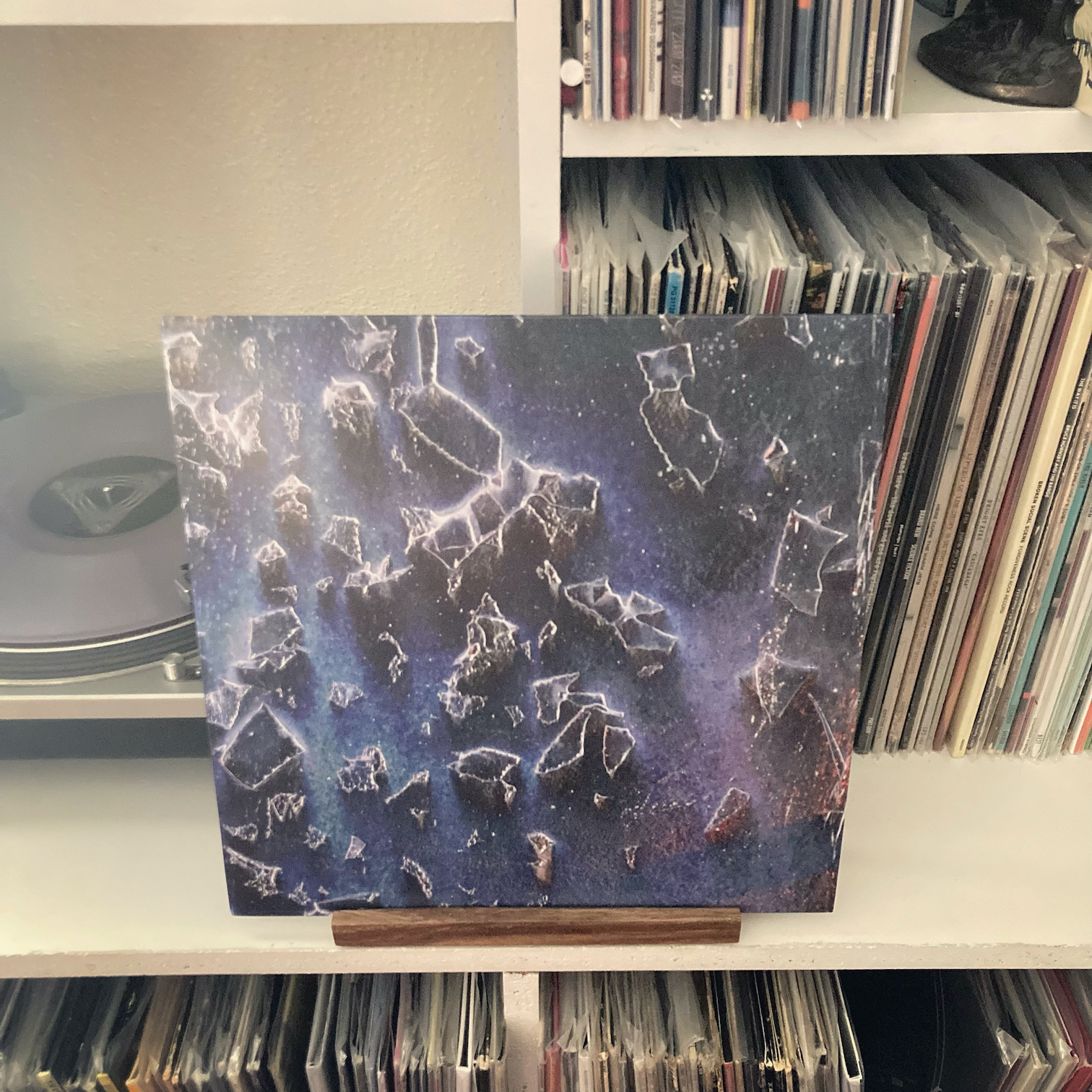 Working for a music site, I’m constantly inundated with press releases and review submissions. After a while, it all starts to bleed together, like a never-ending Pandora station with messed up seeds that plays in the background.
Working for a music site, I’m constantly inundated with press releases and review submissions. After a while, it all starts to bleed together, like a never-ending Pandora station with messed up seeds that plays in the background.